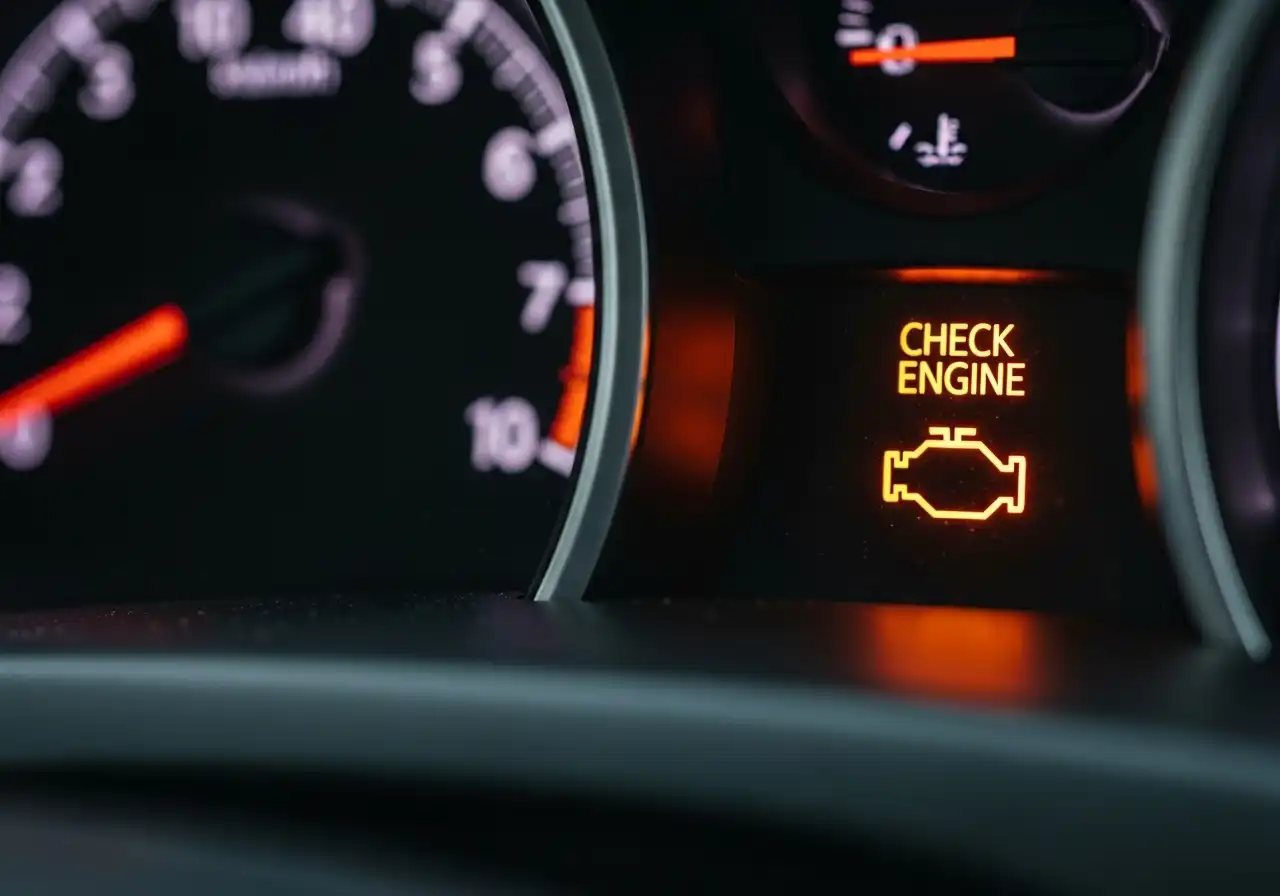If you’ve purchased or leased a new or used car that has a persistent defect, you may be eligible for compensation under lemon law. However, filing a lemon law claim can seem overwhelming, especially if you’re unfamiliar with the legal process. Fortunately, understanding the steps involved can help you navigate the process more smoothly.
In this blog post, we’ll walk you through the step-by-step process for filing a lemon law claim, so you can protect your rights and ensure you receive the compensation you deserve.
Step 1: Identify the Problem with Your Vehicle
Before you even think about filing a lemon law claim, you need to be sure that your vehicle meets the criteria for a lemon. Typically, a lemon is a car with a significant defect that impairs its use, value, or safety. Common issues include persistent engine problems, transmission failure, faulty brakes, electrical system malfunctions, and safety feature failures.
To qualify for a lemon law claim, the defect must be serious enough to affect the car’s functionality or safety. It’s important to document the problem and all related repairs.
Step 2: Keep Detailed Records
One of the most crucial aspects of a successful lemon law claim is keeping thorough records. Documentation is key when it comes to proving your case. Here’s what you should keep track of:
-
Repair Records: Keep a log of all the repairs and services you’ve received for the problem. This should include dates, descriptions of the issue, the dealership or repair shop, and the work that was done.
-
Communication with the Dealership or Manufacturer: Save any correspondence between you and the dealership or manufacturer. This includes emails, letters, or phone records where you discussed the defect or your repair attempts.
-
Vehicle Purchase Documents: Keep a copy of the original sales contract or lease agreement, as well as any warranties that may be relevant to your case.
These documents will help prove that the defect has been persistent and that the manufacturer or dealership was given a reasonable chance to repair the issue.
Step 3: Contact the Manufacturer or Dealer
Once you have a clear record of the defect and your repair history, the next step is to contact the manufacturer or dealership. In most cases, you will need to notify them in writing about the issues with your car. Depending on your state’s lemon law, you may be required to provide them with a chance to fix the problem before filing a claim.
Here are some things to keep in mind during this step:
-
Allow for a Reasonable Repair Period: Many states require that you give the manufacturer or dealer a chance to fix the problem within a certain number of attempts or within a certain period (e.g., 30 days or more). If they can’t resolve the issue after multiple attempts, you can proceed with the lemon law claim.
-
Request a Written Response: It’s helpful to request a written response acknowledging the defect and confirming their failure to resolve the issue. This will further strengthen your case.
Step 4: Determine if You’ve Met the Lemon Law Criteria
Every state has its own lemon law, but they generally follow the same basic principles. In most cases, you will need to meet certain criteria for your vehicle to qualify as a lemon. The specific criteria vary by state, but here are some common requirements:
-
Repair Attempts: In many states, your car must have been in the shop for repairs a certain number of times for the same issue (usually 3-4 repair attempts).
-
Time in the Shop: Alternatively, if your car has been out of service for a certain number of days (e.g., 30 or more days), you may be eligible for a claim.
-
Serious Defects: The defect must significantly impair the use, value, or safety of the vehicle. For example, a cosmetic defect or minor issue might not qualify.
To ensure you meet the lemon law requirements in your state, it’s often best to consult with a lemon law attorney. They can help you assess your situation and determine if your case qualifies.
Step 5: Consult with a Lemon Law Attorney
While some people attempt to file a lemon law claim on their own, it’s often in your best interest to consult with an experienced lemon law attorney. An attorney who specializes in lemon law will understand the intricacies of the law and can help ensure your claim is filed correctly.
Here’s how a lemon law lawyer can help:
-
Evaluate Your Case: A lemon law attorney will review your documentation, determine if you meet the eligibility criteria, and explain your legal options.
-
Navigate the Legal Process: Lemon law claims involve a specific legal process, including deadlines and procedures. A lawyer will guide you through this process and make sure you don’t miss any important steps.
-
Negotiate on Your Behalf: Often, lemon law cases are settled outside of court. A lemon law lawyer will negotiate with the manufacturer or dealership on your behalf to get the best settlement possible.
Many lemon law attorneys work on a contingency fee basis, meaning you don’t pay unless you win your case. This makes hiring a lawyer a low-risk option for many consumers.
Step 6: File a Lemon Law Claim
If the manufacturer or dealership refuses to resolve the issue or provide a satisfactory settlement, the next step is to file a formal lemon law claim. The process for filing a claim varies by state, but it usually involves submitting a formal complaint to the manufacturer, dealer, or a state-run arbitration program.
In some states, you may be required to go through arbitration before you can take your case to court. Arbitration is a process where a neutral third party helps resolve disputes between you and the manufacturer. If arbitration doesn’t resolve the issue, or if you’re dissatisfied with the outcome, you may be able to take the matter to court.
Step 7: Attend Arbitration or Court Hearings
If your case proceeds to arbitration or court, you will need to present your evidence, including repair records, communication logs, and any documentation from your lemon law attorney. In court, you may be required to testify, but your attorney will represent you and ensure you have a strong case.
During the hearing, the arbitrator or judge will assess the facts and decide whether the manufacturer or dealer is liable. If your claim is successful, the manufacturer may be required to buy back your car, replace it with a new one, or provide other compensation.
Step 8: Receive Your Compensation or Replacement
If your lemon law claim is successful, the manufacturer will typically provide one of the following options:
-
Full Refund: You may be entitled to a full refund for the purchase price of the car, minus any reasonable usage fees (mileage and wear and tear).
-
Replacement Vehicle: In some cases, you may receive a replacement vehicle of equal value.
-
Additional Compensation: In certain cases, you may also be entitled to reimbursement for related costs, such as towing fees, rental car costs, or repair expenses.
Conclusion
Filing a lemon law claim can be an essential step in ensuring that you get justice when dealing with a defective vehicle. While the process may seem complex, understanding each step and working with an experienced lemon law attorney can help make it more manageable. By following the step-by-step process outlined above, you can improve your chances of securing a fair settlement and getting the compensation you deserve for your defective car.
If you’re unsure whether you have a lemon law case or need help filing a claim, don’t hesitate to reach out to a qualified lemon law attorney. They can guide you through the entire process and help you achieve the best possible outcome.



